We assume that fairy tales, stories and legends of heroes and superheroes are all just for children, untrue and unreal. But that may not be the case! Did you know that there is a similar thread running through all the hero and superhero stories of all the mythologies of all time?! Yes, even superheroes are all images of the same basic hero, the hero with a 1000 faces as Joseph Campbell calls him. This hero has a name and did walk among us.
There are many mythologies of superheroes, the primary ones being DC and Marvel. DC Heroes, include, Batman, Green lantern, Superman, Wonder-woman, and about 10,000 others. And of course there is the Marvel Universe, of the Punisher, Captain America, Hulk, IronMan, BlackPanther, Dr. Strange, and about 7,000 other characters. Is there a hero or archetype behind all heroes?
To help us address these questions, my special guest today is Dr. Adam Barkman. Adam is a Philosophy Professor at Redeemer and loves to engage his students both in and outside of the classroom with the superhero mythos.
I have heroes, The Apostle Paul, Augustine, Martin Luther, etc. But a superhero is part of a mythology. He or she can do things and no ordinary mortal can—Silver Suffer, Thor, Hulk, Superman. There are also anti-heroes like Jessica Jones and Luke Cage and Deadpool and the Suicide Squad who turn the superhero genera upside down. The ancient myths uplifted virtues, and modern anti-superheroes mock virtue. 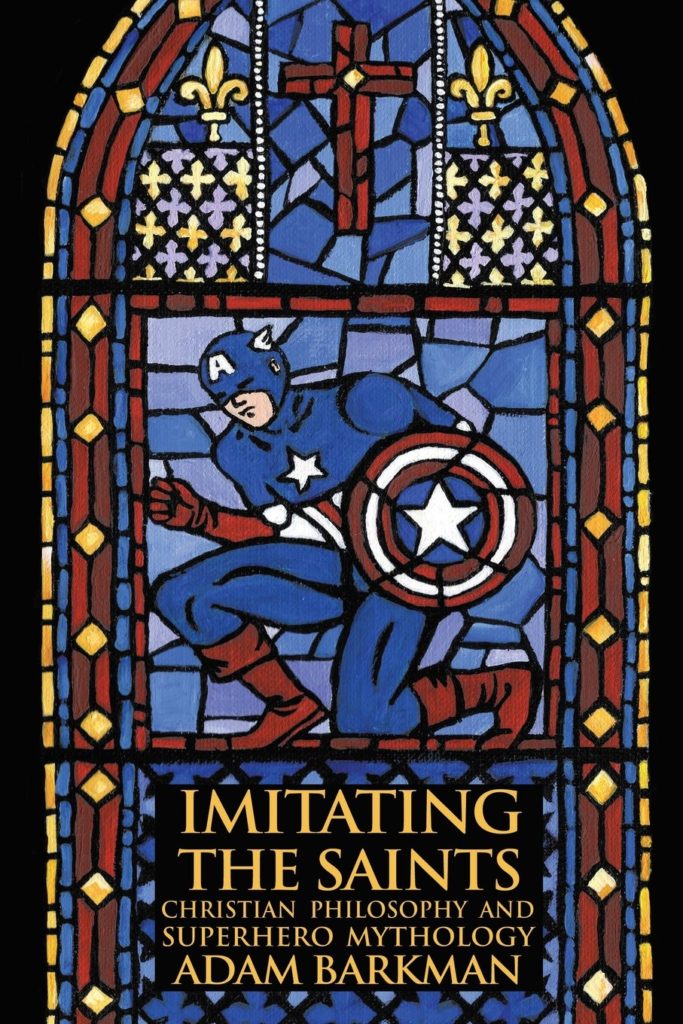 Moral complexity has led to moral nihilism, but ironically all indirectly and sometimes directly shout for a savoir or messiah figure for their redemption.
Moral complexity has led to moral nihilism, but ironically all indirectly and sometimes directly shout for a savoir or messiah figure for their redemption.
Now all religions are mythologies of one sort or another. But the question for us, is “what is the difference between what Christ is theologically, and other mythos and other Messiah like figures like Superman, mythologically?”
By the way Superman’s real name is Kal-el, and his father is Jor-el, both named after Elohim, which is the Hebrew word for God. And Superman’s adoptive parents, original names were Mary and Joseph! I wonder who had parents named Mary and Joseph ! They changed them later to Martha and Jonathan.
In this podcast we mentioned a great deal of resources. First is Adam’s book, Imitating the Saints. This is an amazing resource full of references to the latest superheroes like Superman, Batman, Green Lantern, X-Men, Hulk, Spiderman, and their link to what makes us human. All done in the spirit of C.S. Lewis and J.R.R Tolkien.

Some great resources to consider are Doctor Strange & Doctor Doom: Triumph and Torment on @comixology :
Here is a summary of this great graphic novel:
Every year on Midsummer’s Eve, Victor von Doom clashes with the forces of evil in a vain attempt to free his mother’s soul from Hell. Only when Doctor Stephen Strange — Master of the Mystic Arts and Earth’s Sorcerer Supreme — is convinced to join the fight, does the outcome have any hope of changing. But first these unlikely allies must journey to Mephisto’s infernal realm … where they find that the cost of one soul may be more than they are willing to pay!
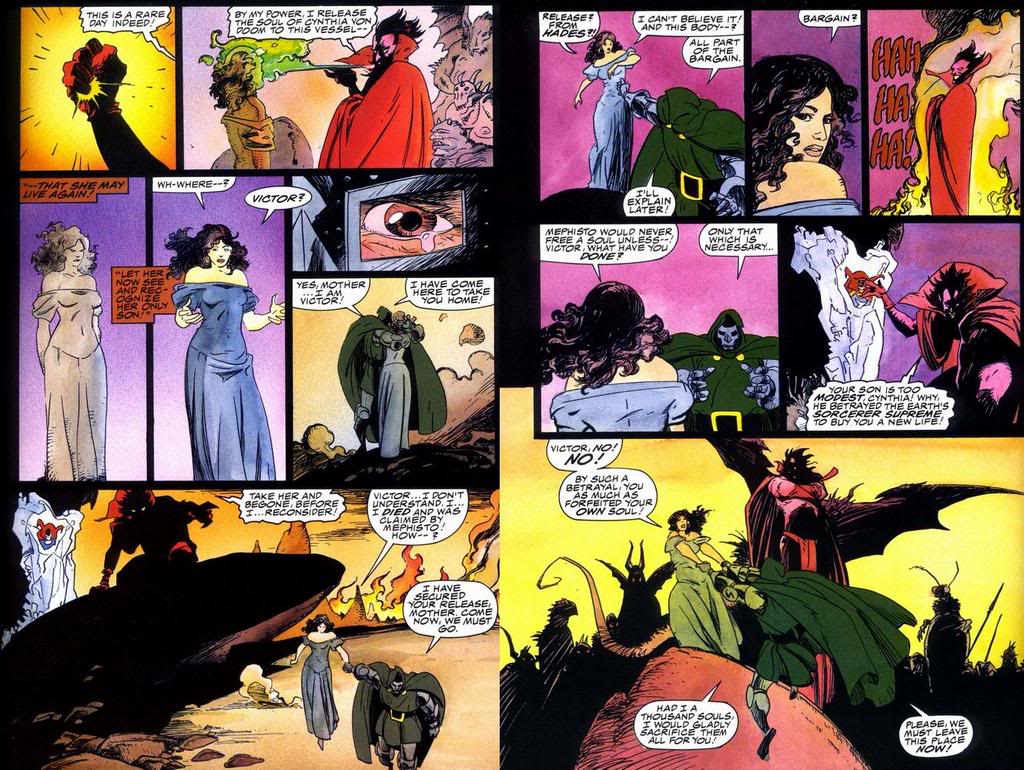 Joseph Campbell is also a great scholar to consider in studying myth. He describes the journey hero’s take in stories, a journey that is mimicked in almost every single story in all of human history!! . All of us in our own lives we will eventually experience many of the following stages of the Hero’s Journey–that is a mere shadow of the true hero and savior.
Joseph Campbell is also a great scholar to consider in studying myth. He describes the journey hero’s take in stories, a journey that is mimicked in almost every single story in all of human history!! . All of us in our own lives we will eventually experience many of the following stages of the Hero’s Journey–that is a mere shadow of the true hero and savior.
- The Call to Adventure – Hero receives calling to the unknown
- Refusal of the Call – Obligations or fear prevent hero from starting the journey
- Supernatural Aid – Magical helper appears or becomes known
- Crossing the First Threshold – Hero leaves his known world and ventures into the unknown
- Belly of the Whale – Final stage of the separation from the known world
- The Road of Trials – Hero must pass a series of test to begin the transformation

- Meeting with the Love – Hero experiences unconditional love
- Temptation – Hero face temptation that will distract from ultimate quest
- Atonement with the Hero’s Father – Hero must confront the person that holds ultimate power in their life
- Peace and Fulfillment Before the Hero’s Return – Hero moves to a state of divine knowledge (usually through some form of death)
- The Ultimate Boon – Achievement of goal
- Refusal of the Return – Having found bliss and enlightenment in the other world, hero may be reluctant to return
- Magic Flight – Sometimes the hero has to escape with the boon
- Rescue from Without – Sometimes the hero needs a rescuer
- Return – Retain wisdom gained on quest and the hero integrates wisdom in human society by sharing wisdom with the world
- Master of Two Worlds – Hero achieves balance between the material and spiritual (inner and outer world)
- Freedom to Live – Freedom from fear of death, causing hero to live in the moment and no concern for the future or regrets of the past
See this link for more info
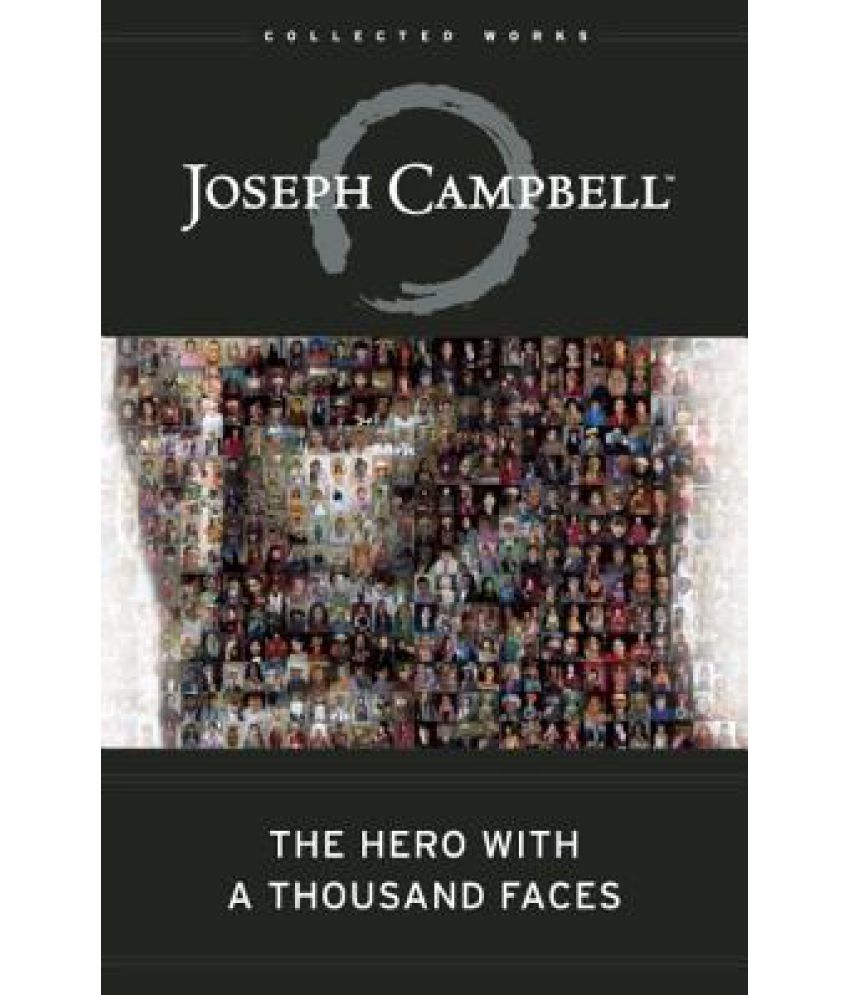 The pagan poets write stories that resulted with the deepest hearts of men, C.S. Lewis wrote in Mere Christianity, that God spoke to the world in three ways:
The pagan poets write stories that resulted with the deepest hearts of men, C.S. Lewis wrote in Mere Christianity, that God spoke to the world in three ways:
- 1) Through our conscience,
- 2) Through the Jewish people, to whom alone he spoke directly,
- 3) Through the “good dreams” of the pagans.
“I mean those [weird] stories scattered all through the heathen religions about a god who dies and comes to life again and, by his death, has somehow given new life to men.”
And cultural prophets of the past like the highest, most noble poets and philosophers of the ancient Greco-Roman world including but not limited to Homer, Sophocles, Euripides, Plato, Aristotle, Cicero, Virgil all saw a shadow of the truth of the incarnation of the HOLY in myths, legends, tragedies and epics.
The great mythologies and religions of the world all acknowledge good and evil and a source of all life in the gods, and these gods have a source in something higher than them, a God with a capital G. Even the All Father Odin, in the Norse mythology is not all-powerful.
Today these poets have been replaced by our contemporary ones, And now myth is commonly believed to refer solely to a “false belief or idea”.
However, for academics like such as J.R.R. Tolkien, the idea of myth and mythology was only related to falsehood–not the same as it. Thankfully, the Oxford English Dictionary still keeps their number one definition as something both Lewis and Tolkien would have understood
See this link for more info on that.
A traditional story, especially one concerning the early history of a people or explaining a natural or social phenomenon, and typically involving supernatural beings or events
What makes Christ Jesus any different? Because he took on flesh, he really did walk this earth, and we have historical evidence for him and his miracles that we do not have for other “gods” or superheroes.
Ladies and gentlemen, one our most well known New Testament Scholars Bart Erman, who is a skeptic, defends the historical reliability of the Gospels and the reality of Jesus in a public debate!
Jesus was the myth that became real. If I may rephrase C.S. Lewis “God in the Doc” and say the following:
Yahweh or Jehovah is more than a pagan god, not less; Christ is more than Superman or Galactus, not less. We Christian apologists have tried to minimize these parallels. I argue that we should not be scared of the mythical radiance resting on our theology. We should not be nervous about “parallels” in mythology of messianic figures like Thor, Hercules, Balder, Mitharas or even Superman and the Matrix, etc The parallels ought to be there-it would be a stumbling block if they weren’t! We must not, in a superior attitude of false spirituality, withhold our imaginative creativity for God is the most creative being there is and he left seeds and kernels of his truth though all the religions and cultures and mythologies and legends in history!
let me know what you think of this interview. Click the link below.
Podcast: Play in new window | Download

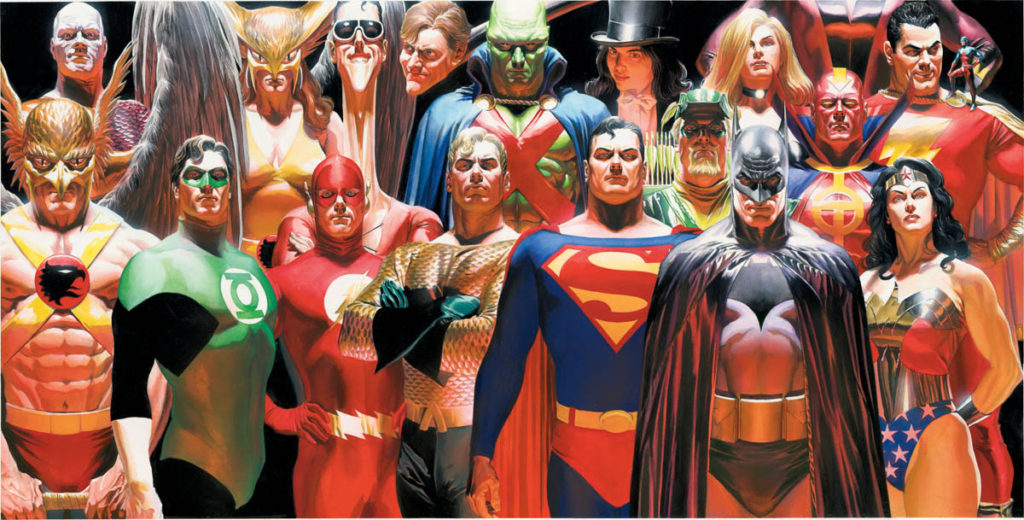
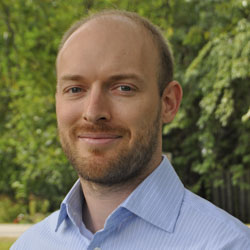
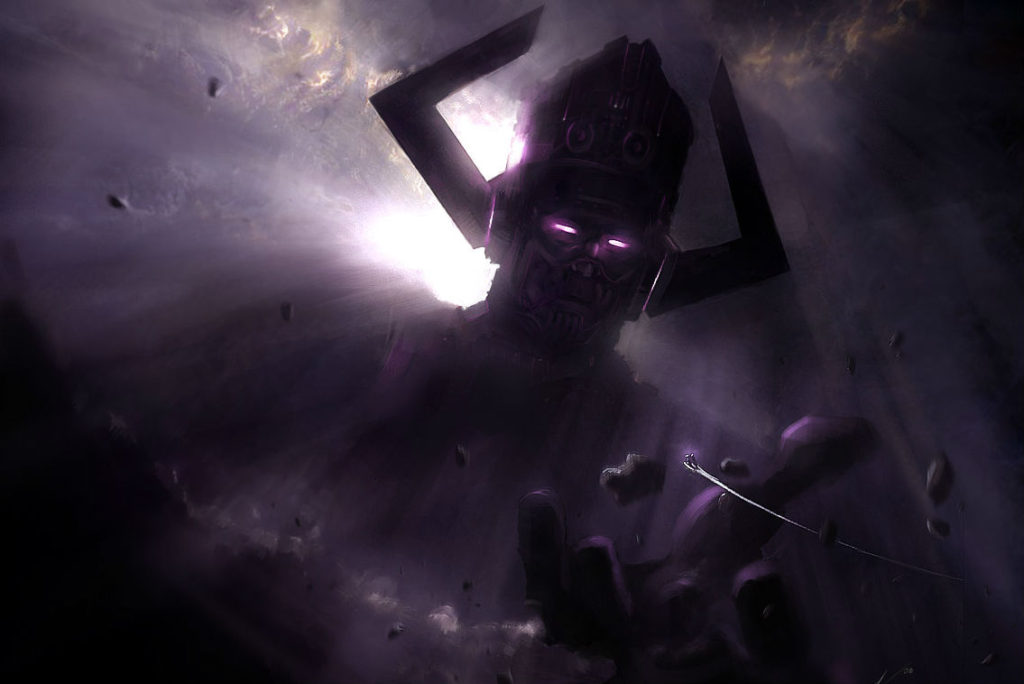
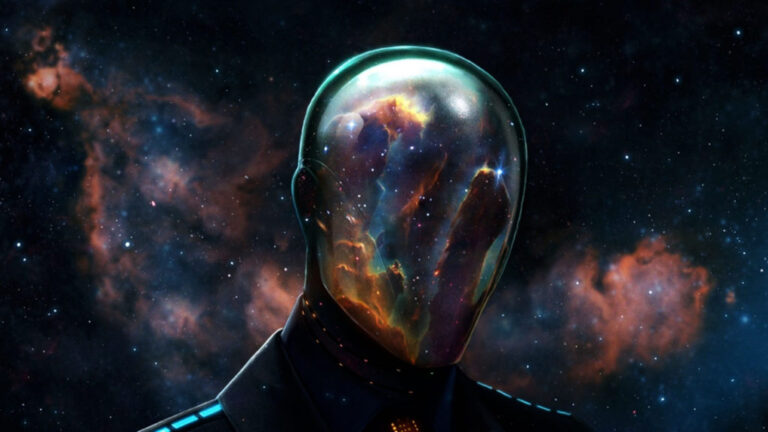
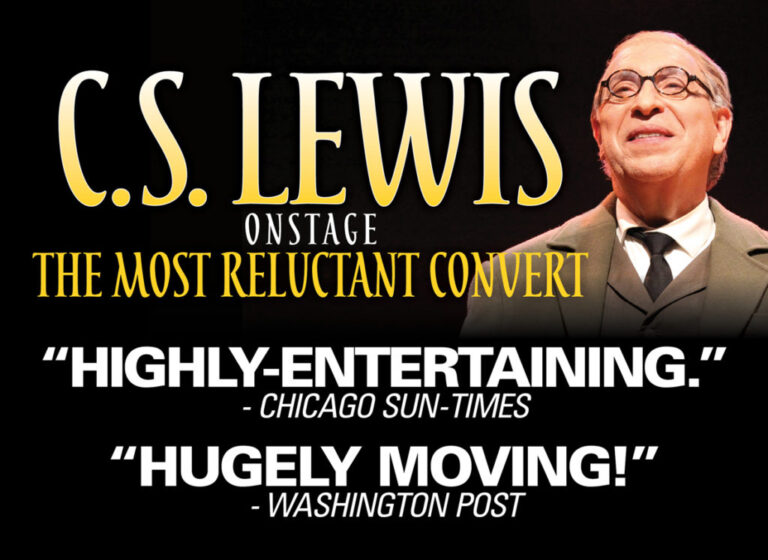

Love to hear your thoughts!